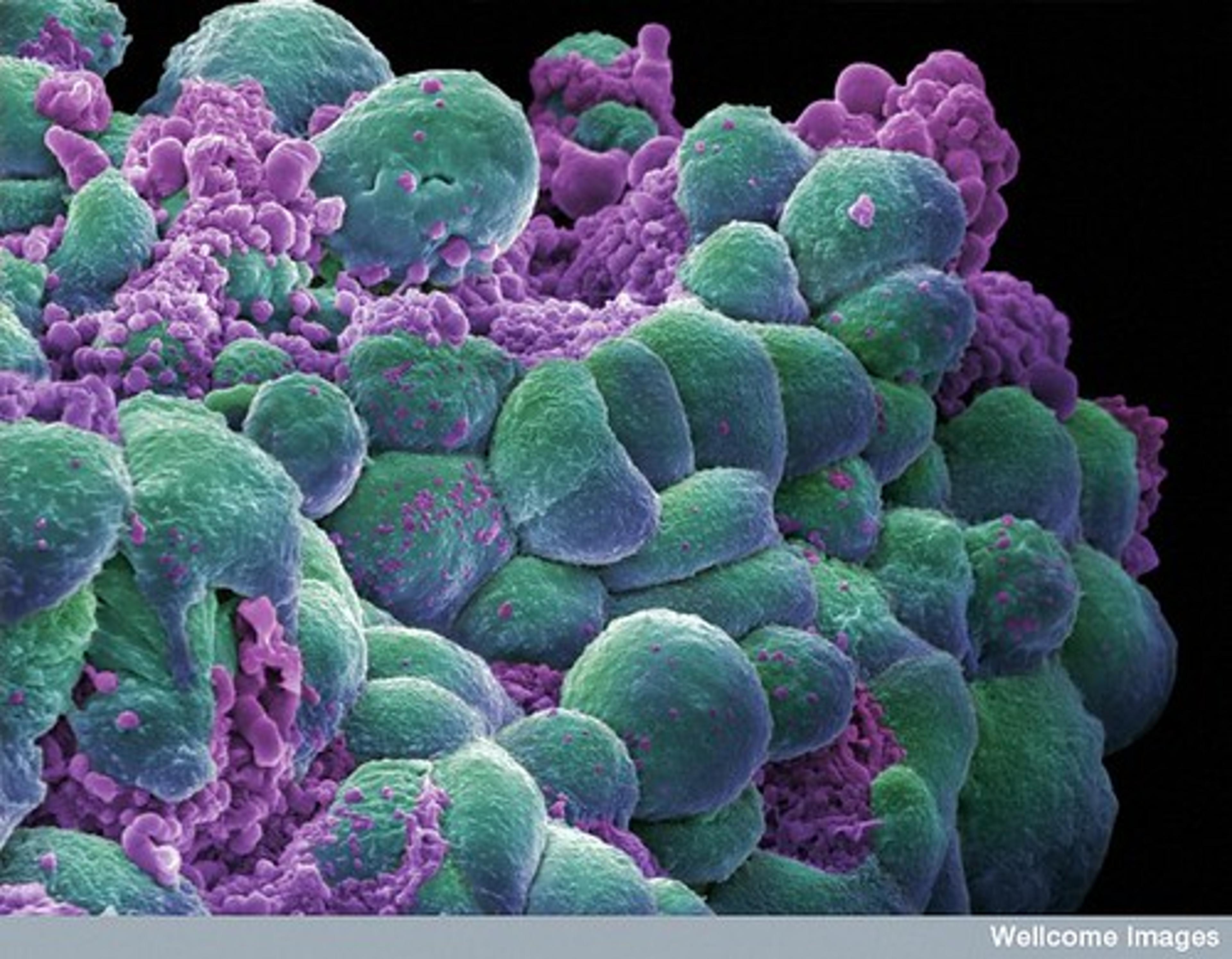Breast cancer awareness – signs and symptoms to be mindful of
Lara Abramov
| 2 min read

October is Breast Cancer Awareness month. Knowing what the signs and symptoms of breast cancer are can aid in early detection. Breast cancer is most treatable when detected in its earliest phases.
There are many things that can impact the shape and size of a woman’s breasts, such as child-bearing, medications and weight loss or gain. It’s as though our bodies are in a state of constant flux, changing as we do and connected to what we’re experiencing. That’s why it’s important to conduct regular self exams and get mammograms as outlined in our Guidelines to Good Health.
In its early stages, breast cancer can be too small to detect and may not cause any signs and symptoms. As the cancer grows, it can cause changes in the way your breasts look and feel.
According to the CDC, signs and symptoms of breast cancer include:
- Lumps in the breast or armpit
- Redness or flaky skin in the nipple area or the breast.
- Pain or pulling in nipple area
- Discharge from the nipple, including blood (not including breast milk)
- Changes in shape and size
- Pain and tenderness
Cancerous lumps can be tricky to distinguish. Sometimes they’re painless and hard with uneven edges. But some are tender, soft and round. Other times, symptoms of breast cancer can be confused with other medical conditions. For instance, cysts are small, fluid-filled sacks that can feel like a lump. Or fibrocystic breast condition, which prompts noncancerous alterations in the tissue that can also cause lumps and pain.
As there are so many factors that can influence a woman’s body, it’s imperative to see your health care provider regularly and conduct monthly self exams to closely monitor any changes.
Photo credit: crafty_dame





